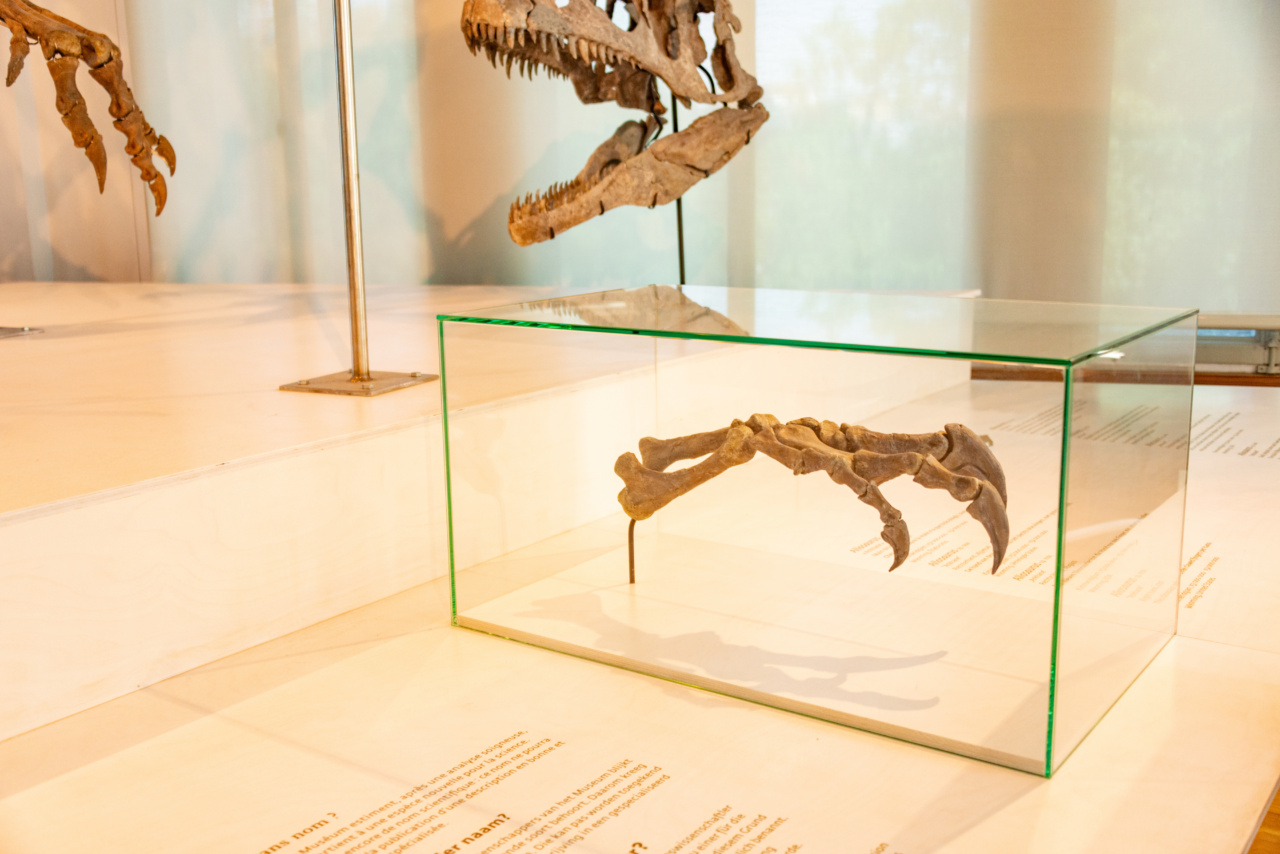Regret is a powerful and complex emotion that many of us experience throughout our lives. It is often associated with a sense of disappointment, frustration, or sadness over past actions or decisions.
But what is the science behind this intense feeling of regret? In this article, we will explore the psychological and neurological processes that contribute to the experience of regret.
Understanding regret
Regret typically arises when we perceive that our current situation could have been better if we had made different choices in the past. It involves a reflection on what might have been and a recognition of missed opportunities or mistakes.
Regret serves as a signal that motivates us to learn from our past experiences and make better decisions in the future.
The role of cognitive appraisal
When we feel regret, we engage in cognitive appraisal, a process through which we evaluate past actions and their outcomes. We compare the actual outcome with a hypothetical alternative and assess the difference between the two.
This comparison generates regret when we perceive a negative outcome that could have been avoided or a positive outcome that we missed out on.
Neural basis of regret
Neuroscience research has shed light on the neural mechanisms underlying the experience of regret.
Studies using functional magnetic resonance imaging (fMRI) have shown that the brain regions involved in decision-making and reward processing play a crucial role in the generation of regret.
The orbitofrontal cortex
The orbitofrontal cortex (OFC) is a brain region involved in decision-making and valuation processes. It has been implicated in generating the feeling of regret by comparing the expected value of an alternative choice with the actual outcome.
When the actual outcome is worse than expected, the OFC signals the presence of regret.
The striatum
The striatum, a region deep within the brain, is involved in processing rewards and reinforcing positive behaviors. Studies have shown that the striatum is activated when individuals experience regret over not choosing a rewarding option.
This activation reflects the neural processing of the lost opportunity and the feeling of regret associated with it.
The role of dopamine
Dopamine, a neurotransmitter that plays a vital role in the brain’s reward system, is also involved in the experience of regret.
Research has indicated that individuals with higher levels of dopamine activity are more susceptible to experiencing regret. This suggests that individual differences in dopamine function contribute to the intensity of regret felt after making a decision.
The impact of regret on decision-making
Regret not only serves as a feedback mechanism for learning from past experiences but also influences future decision-making.
People tend to avoid actions or choices that could potentially lead to regret, even if those choices offer a higher expected value. This avoidance behavior is driven by the desire to minimize negative emotions associated with regret.
Regret and counterfactual thinking
Counterfactual thinking is a mental process through which individuals imagine alternative outcomes or scenarios that could have happened but did not. Regret is closely linked to counterfactual thinking as it involves reflecting on what could have been.
Engaging in counterfactual thinking allows individuals to learn from their mistakes and make more informed decisions in the future.
The role of culture
It is important to note that the experience and expression of regret can be influenced by cultural factors.
Some cultures may emphasize collective responsibility and downplay individual regret, while others may encourage self-reflection and personal accountability. Cultural norms and values shape the significance and impact of regret within a society.
Coping with regret
Regret can be a distressing emotion, but there are strategies that can help individuals cope with it.
Accepting past actions, embracing learning opportunities, and focusing on making better decisions in the future can help alleviate the burden of regret. Seeking support from loved ones or professional therapists can also provide a valuable avenue for processing and resolving feelings of regret.
In conclusion
Regret is a complex emotion rooted in cognitive appraisal and influenced by neural processes. Understanding the science behind regret can help us navigate its impact on our lives and make more informed decisions moving forward.
By learning from our past experiences and embracing the opportunity for growth, we can minimize the sting of regret and cultivate a more fulfilling future.






























